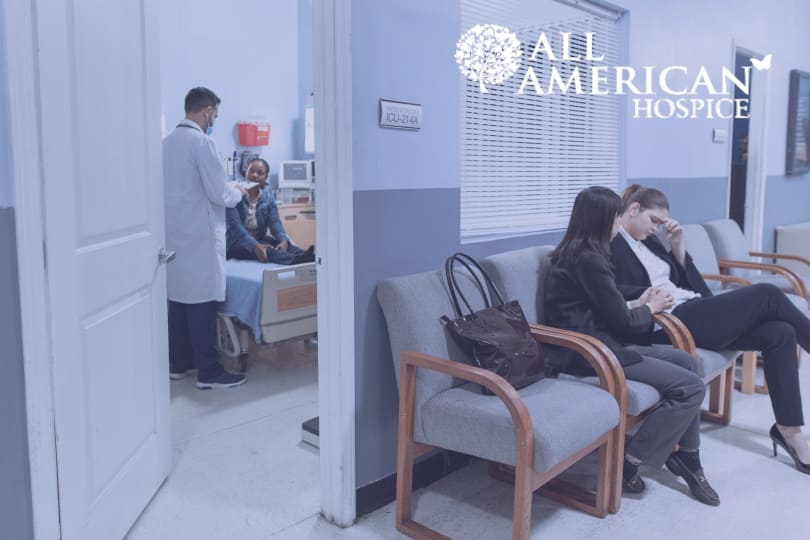
Hospice is a viable choice only if a physician determines that the patient has a six-month or less life expectancy if the ailment continues normally. Hospice requirements vary from illness to illness, but we’ll present a list of the general hospice eligibility criteria for patients.
What Are the Criteria for Hospice?
For hospice eligibility, doctors must verify that the patient has a six-month or fewer life expectancy if the disease proceeds as expected. For a patient to show hospice qualifications, they must meet some essential conditions.
There are three main hospice criteria:
- When progress has been slow. Despite the treatment, the patient’s condition isn’t getting any better at all. The illness has moved to its last stage and the patient is showing no signs of improvement.
- The goals of treatment have changed over time. Patients may realize they are not getting better and no longer wish to stay in or visit a hospital, for example. Individuals anxious about their mortality may be directed to hospice services.
- Deteriorating health despite prescribed medications. When trips to the hospital become too frequent, they are too nauseous to do anything and they tend to sleep longer during the days are some of the common criteria for hospice care.
How Is the Expense of Hospice Care Covered?
For patients who are covered by Medicare and eligible for Medicare Part A—Hospital Insurance, hospice is covered under the Medicare Hospice Benefit. Patients who are Medicaid-eligible are also eligible for a hospice benefit.
Hospice treatment is often covered to some extent by most private insurance policies. The Veteran’s Health Administration (VHA) in the United States provides hospice coverage that is identical to Medicare for qualifying veterans.
A doctor’s and hospice team’s consent are requirements for hospice payments by the benefit provider. In the absence of them, the vast majority of hospice-related costs will be borne by the patient.
Patients who are recertified as terminally ill with a six-month prognosis or fewer are eligible for unlimited benefits for 60 days. You will need to meet with the hospice care staff again.
The Medicare Rights Center advises reapplying for hospice care at least 30 days before the end of the current benefit period. To find out if your hospice treatment is covered by private insurance, contact your provider.
When Is It Too Early?
It’s common for folks to think a hospice referral is premature. People sometimes die within a month of being sent to hospice because they are not sent quickly or at all. Hospice care works best over months.
If you reach out to us at All American Hospice during the early stages of the illness, patients are more likely to receive focused hospice care that can relieve symptoms and manage pain. Reach out today to learn more about eligibility and our services.

 215-322-5256
215-322-5256
Comments are closed.